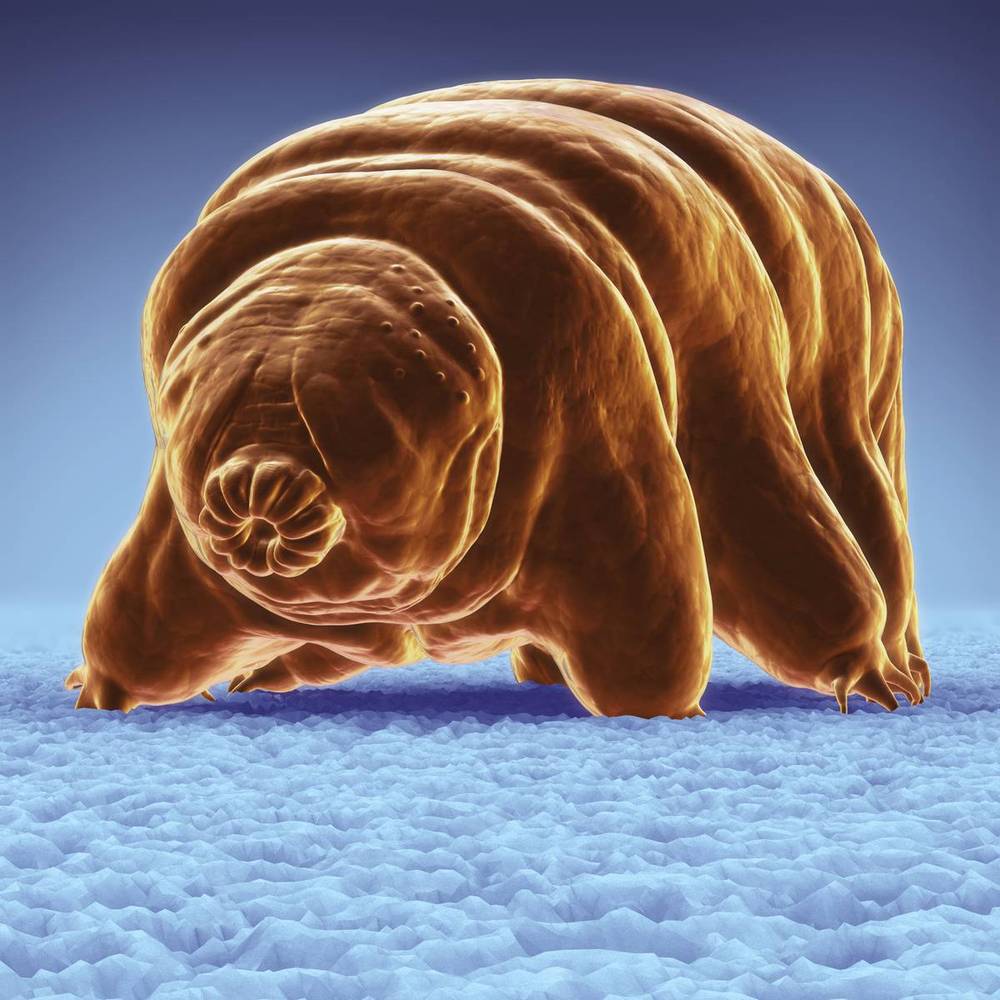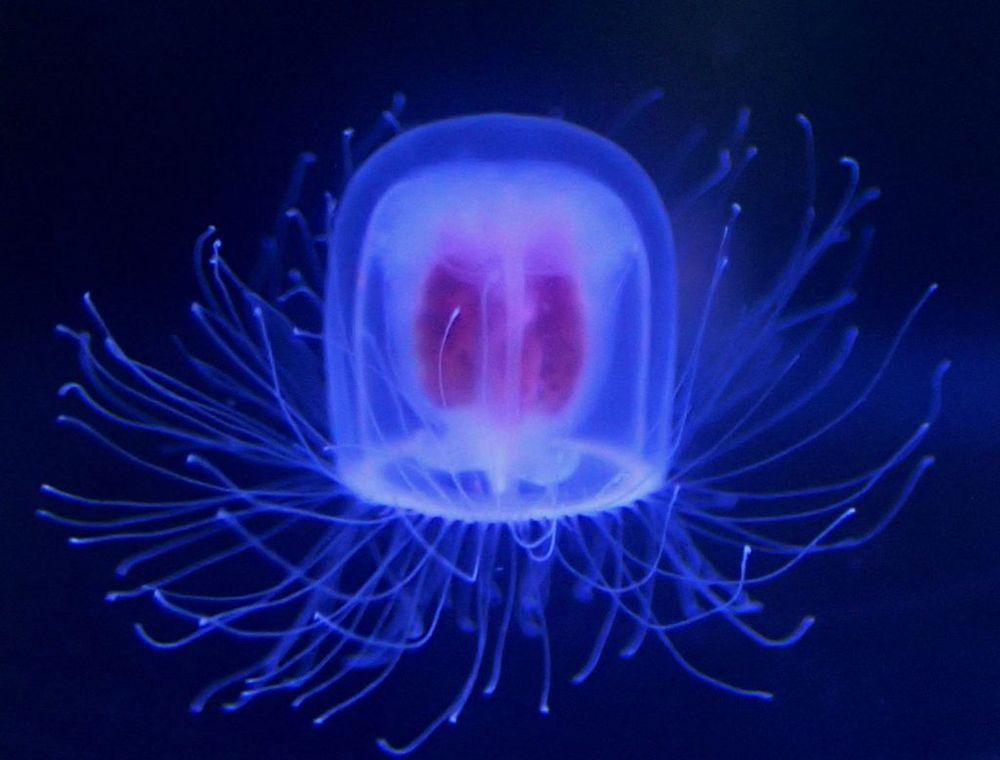Page 9119
Feb 14, 2019
How Titanoboa, the 40-Foot-Long Snake, Was Found
Posted by Quinn Sena in category: futurism
Circa 2012
In Colombia, the fossil of a gargantuan snake has stunned scientists, forcing them to rethink the nature of prehistoric life.
Feb 14, 2019
End of the smashed phone screen? Self-healing glass discovered
Posted by Quinn Sena in category: mobile phones
Circa 2017
New type of polymer glass that can mend itself when pressed together is in development by University of Tokyo after a student discovered it.
Feb 14, 2019
How far out can we forecast the weather? Scientists have a new answer
Posted by Genevieve Klien in category: futurism
Feb 14, 2019
Tardigrade: The micro-animal scientists can’t kill
Posted by Quinn Sena in categories: existential risks, life extension
They’re little battlers, the greatest survivors on the planet and you may have them in your garden, writes Lana Hart.
They’ve been boiled, frozen, put in vacuums, starved, and exposed to unbearable pressures and radiation — but scientists can’t kill this creature.
They are the only animal to have survived all five of earth’s mass extinctions. This incredible feat is due to their development of unique survival mechanisms not seen in other parts of the animal kingdom.
Continue reading “Tardigrade: The micro-animal scientists can’t kill” »
Feb 14, 2019
11,000-year-old Deep Sea Animal Fascinates Scientists
Posted by Quinn Sena in category: futurism
Feb 14, 2019
Mobiles could soon bounce with a new elastic, but super-hard glass
Posted by Quinn Sena in category: futurism

Engineers at the University of California San Diego used a technique called spark-plasma sintering to create the new metallic glass.
They did this by placing powdered iron into a graphite mold and then raising the pressure it is under to 1,000 atmospheres.
Continue reading “Mobiles could soon bounce with a new elastic, but super-hard glass” »
Feb 14, 2019
Immortal Jellyfish Rejuvenates Itself Like Benjamin Button
Posted by Quinn Sena in categories: genetics, life extension
Multilateral efforts to decipher the rejuvenation phenomenon of Turritopsis jellyfish at the genetic level also have been initiated by several collaborating research scientists.
Feb 14, 2019
Are Whales Smarter Than We Are?
Posted by Quinn Sena in categories: biological, neuroscience
Circa 2008
“Truth uncompromisingly told will always have its ragged edges.” Herman Melville.
Call me Ishmael for making conjectures unflattering to humankind, but could Moby Dick have been smarter than captain Ahab? Melville certainly seemed to think so. Moby clipped off one of the captain’s legs and then, years later, in a brilliant move of cetacean jujitsu, drowned poor Ahab by towing him into the abyss by the harpoon rope tangled around Ahab’s remaining leg. “From Hell’s heart I stab at thee!” Gulp. We humans pride ourselves on our big brains. We never seem to tire of bragging about how our supreme intelligence empowers us to lord over all other animals on the planet. Yet the biological facts don’t quite square with Homo sapiens’ arrogance. The fact is, people do not have the largest brains on the planet, either in absolute size or in proportion to body size. Whales, not people, have the biggest brains of any animal on earth.

















